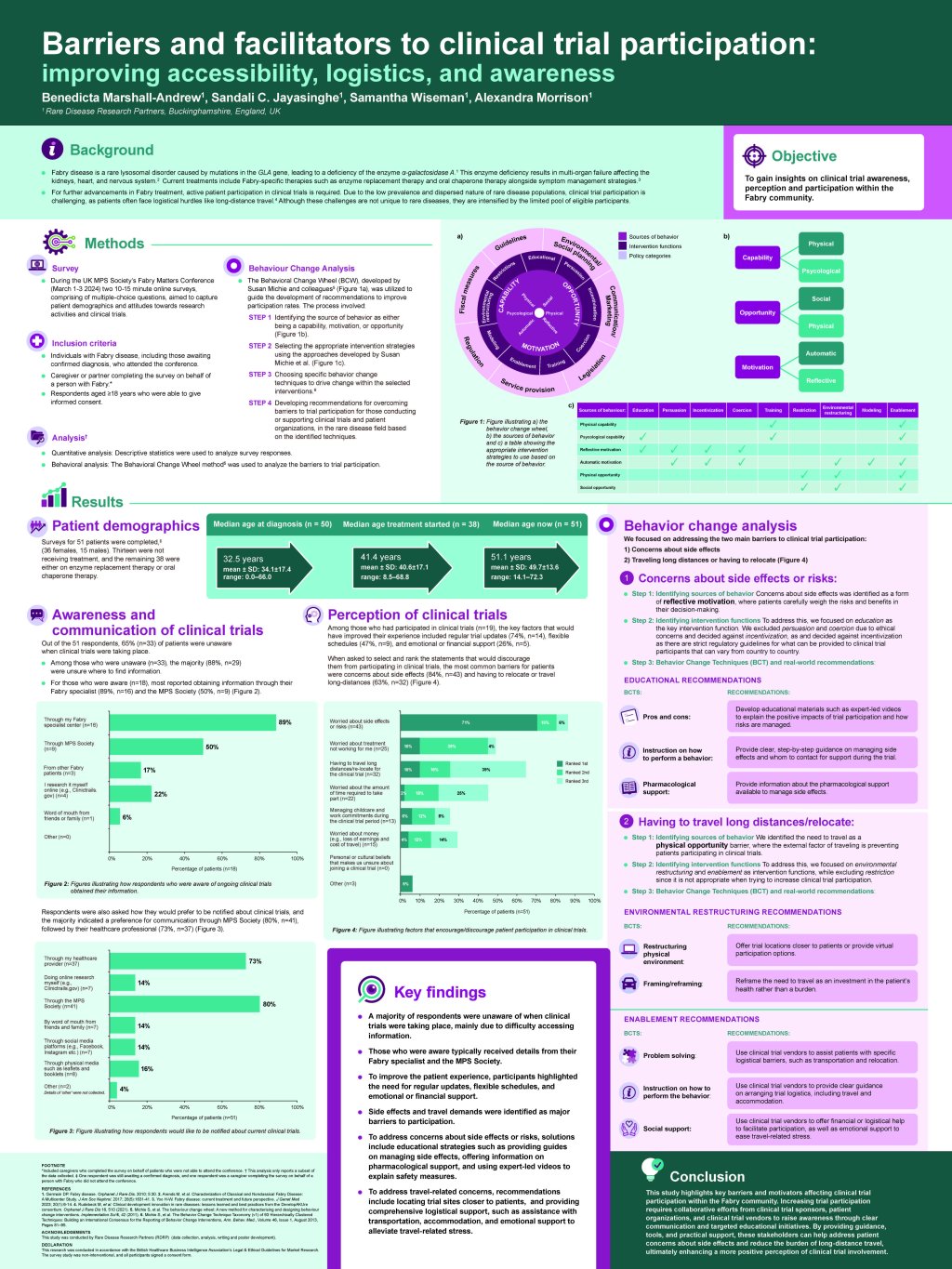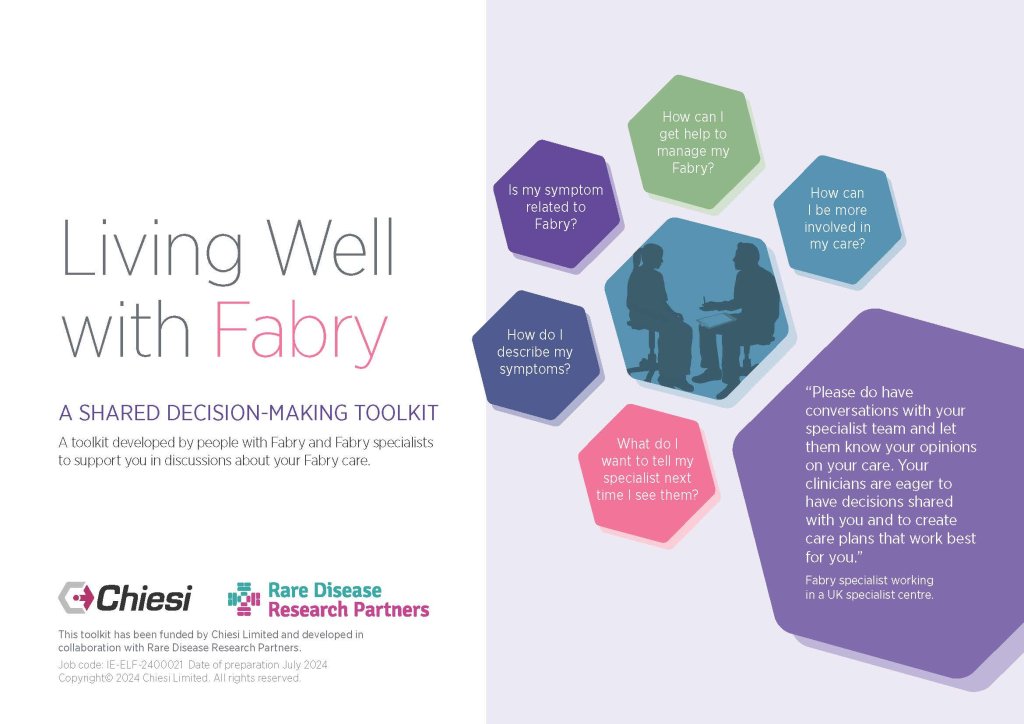Talking about Fabry disease can be difficult, especially when you're trying to explain it to someone who has never heard of it.
Whether you're a parent, a young person living with Fabry or a carer, you’ve probably faced that moment of wondering:
How much do I say?
What’s the best way to explain this?
That’s where scripting can help.
We’ve been working with our Fabry community to develop simple, supportive scripts to make these conversations easier. The aim is to help people speak about Fabry disease in a way that feels natural, informative and safe without feeling like they are oversharing.
Why scripting matters
People affected by Fabry disease often face unique challenges, whether that’s managing symptoms at school or work or explaining the invisible impact of fatigue and pain to friends and colleagues.
When we speak to our members, they often tell us they want to feel confident and in control when sharing their story but don’t always know where to start.
Scripting offers a clear and calm structure for sharing just enough of the right information to be understood and supported.
Talking to relatives
When talking to a relative who may also be at risk of Fabry disease, it’s important to keep the tone clear, calm and supportive.
Here are some helpful tips:
Be calm and reassuring – You are not trying to worry them, just inform them.
Offer support – Let them know you’re happy to answer questions or share resources.
Give them space – They may need time to process the information.
Signpost – You can direct them to the MPS Society or their GP for more guidance.
Example scripts
Script 1: A general conversation starter with a relative
I wanted to talk to you about something health-related in the family. I’ve been diagnosed with Fabry disease. It’s a rare, inherited condition, and because it runs in families, there’s a chance it could affect others too (even without symptoms). I thought it was important to share this with you, so you can decide if you’d like to get checked.
Script 2: For a sibling or close relative
I’ve found out that I have Fabry disease. It’s a genetic condition, which means it runs in families. Because we’re related, there’s a chance you could carry the gene too. Some people don’t show symptoms straight away—or at all—so testing is the only way to be sure. I know it’s a lot to take in, but I can share more if you’d like, or point you to someone who can help.
Script 3: For adult children or teens in the family
I’ve found out that we have a genetic condition in the family called Fabry disease. I wanted to tell you because it could affect you too, even if you feel healthy. It’s manageable, but finding out early can make a big difference. If you want to talk more or ask questions, let me know and I can point you in the right direction.
Using script in self-advocacy: Education
When facing a challenge, whether in education, employment or elsewhere, scripting can help you structure your thoughts and communicate your needs clearly. Here’s a simple example of a script that works well when speaking to schools, though it can easily be adapted for other settings too:
Lay out your concern
“I’m concerned about how my child’s condition is affecting their ability to keep up with school.”
Briefly explain the condition and its impact
“They live with Fabry disease, which can cause pain, tummy issues, fatigue and difficulty concentrating. These symptoms can lead to missed days or trouble staying focused in class.”
Refer to your rights
“Under the Equality Act, schools have a duty to provide support and make reasonable adjustments. This could include SEN Support or a medical care plan.”
Make a clear request
“I’d like to set up a meeting with the SENCO to put a support plan in place. We may also ask the MPS Society to be part of the conversation.”
Keep it factual and focused
“We want to work together to support our child’s learning while managing their health needs.”
Stick to the point
You do not need to explain everything straight away - just enough to open the conversation and set the tone.
Scripting isn’t about following a rigid formula.
It’s about finding your own words that feel right for you and using them to open conversations.
Whether you're preparing to speak to a teacher, employer, friend or even your child’s sports coach, having a go-to way of explaining things can help you feel more confident and help others respond with understanding.
Get in touch
If you’d like support with finding your words or if you have a script that’s worked well and you’d like to share, we’d love to hear from you.








